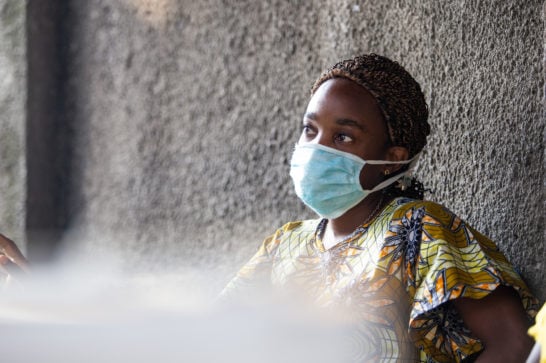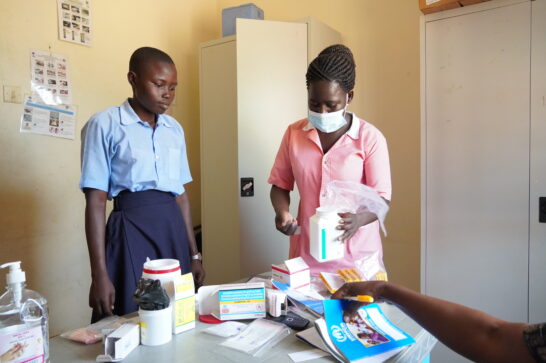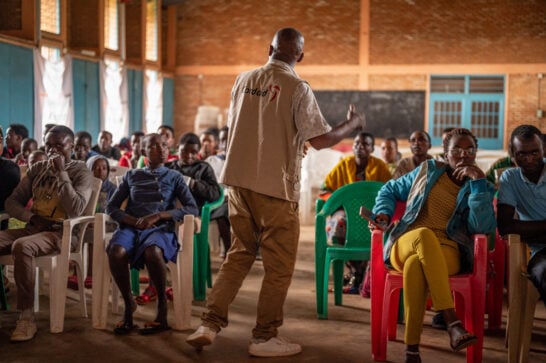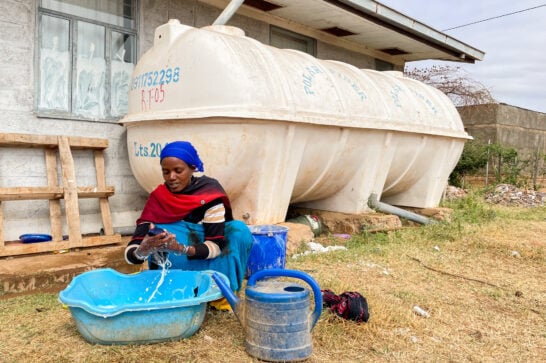We support communities, healthcare facilities and local and national institutions to strengthen their ability to provide quality healthcare to everyone. This saves many lives. Our quality healthcare programmes prevent and treat HIV and tuberculosis infections, reduce maternal and infant deaths and help people cope with trauma through professional psychosocial support.
Health System Strengthening
A resilient health system is essential for people to have continuous access to affordable and good quality health care. Results-based financing is one of our guiding approaches to strengthening health systems. This means we link funding directly to performance: healthcare providers receive payments after verification of their achievements, in terms of the use of services, quality of care and patient satisfaction.
This also transforms the governance of health systems. The strategy introduces checks and balances, motivates staff, and involves government authorities. Communities are also closely engaged, in both the governance of the health facilities and in local health promotion.










